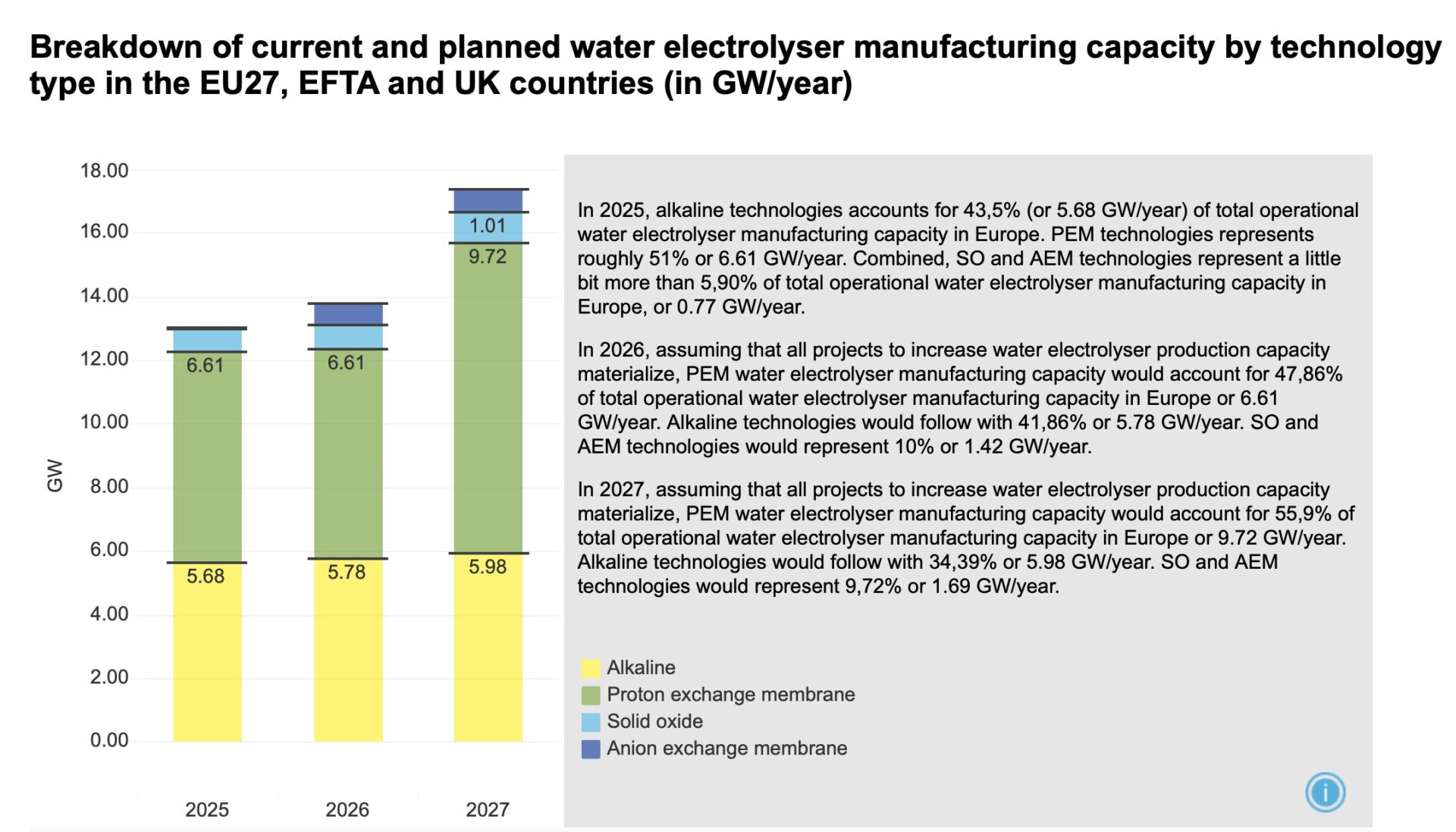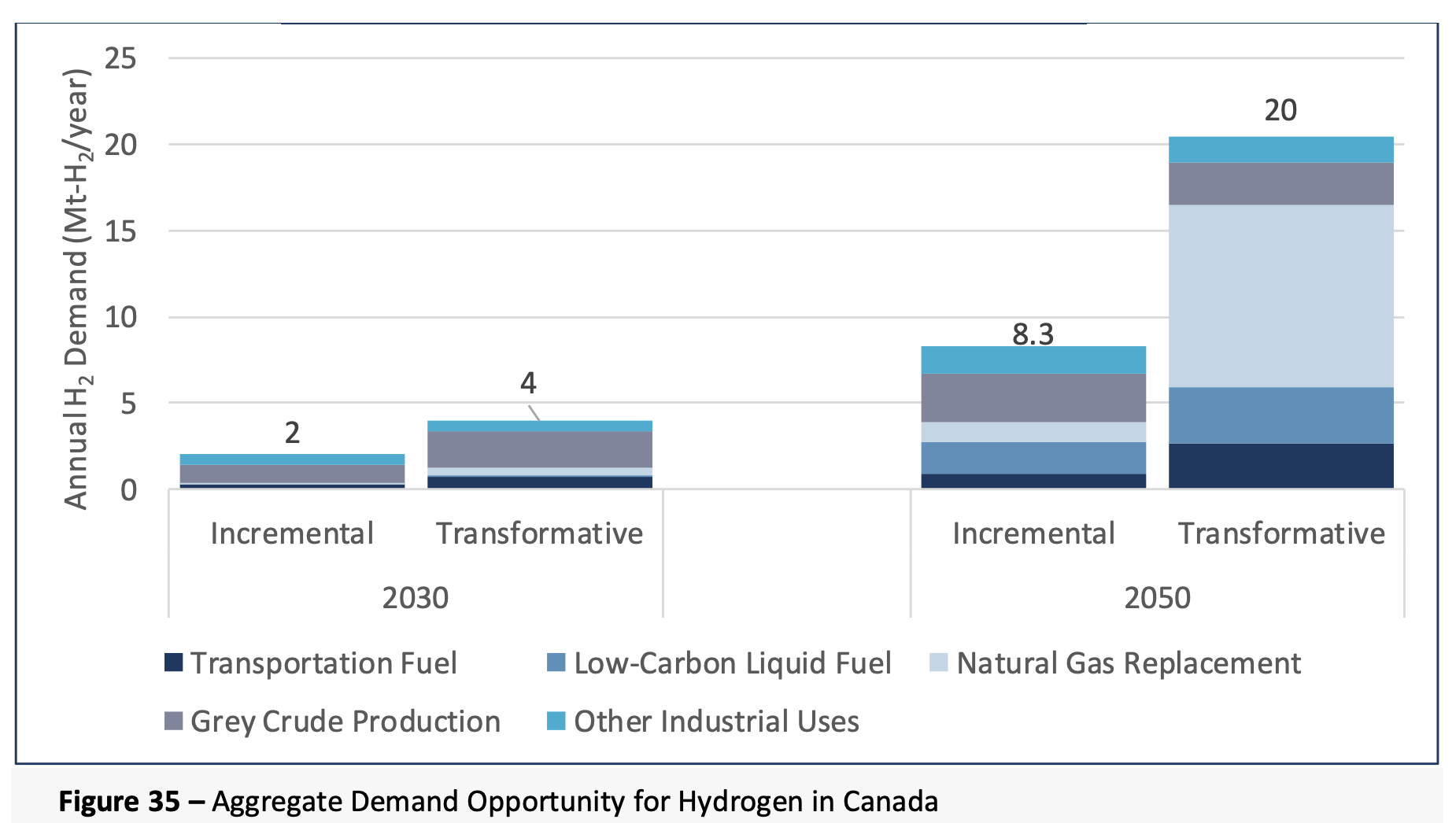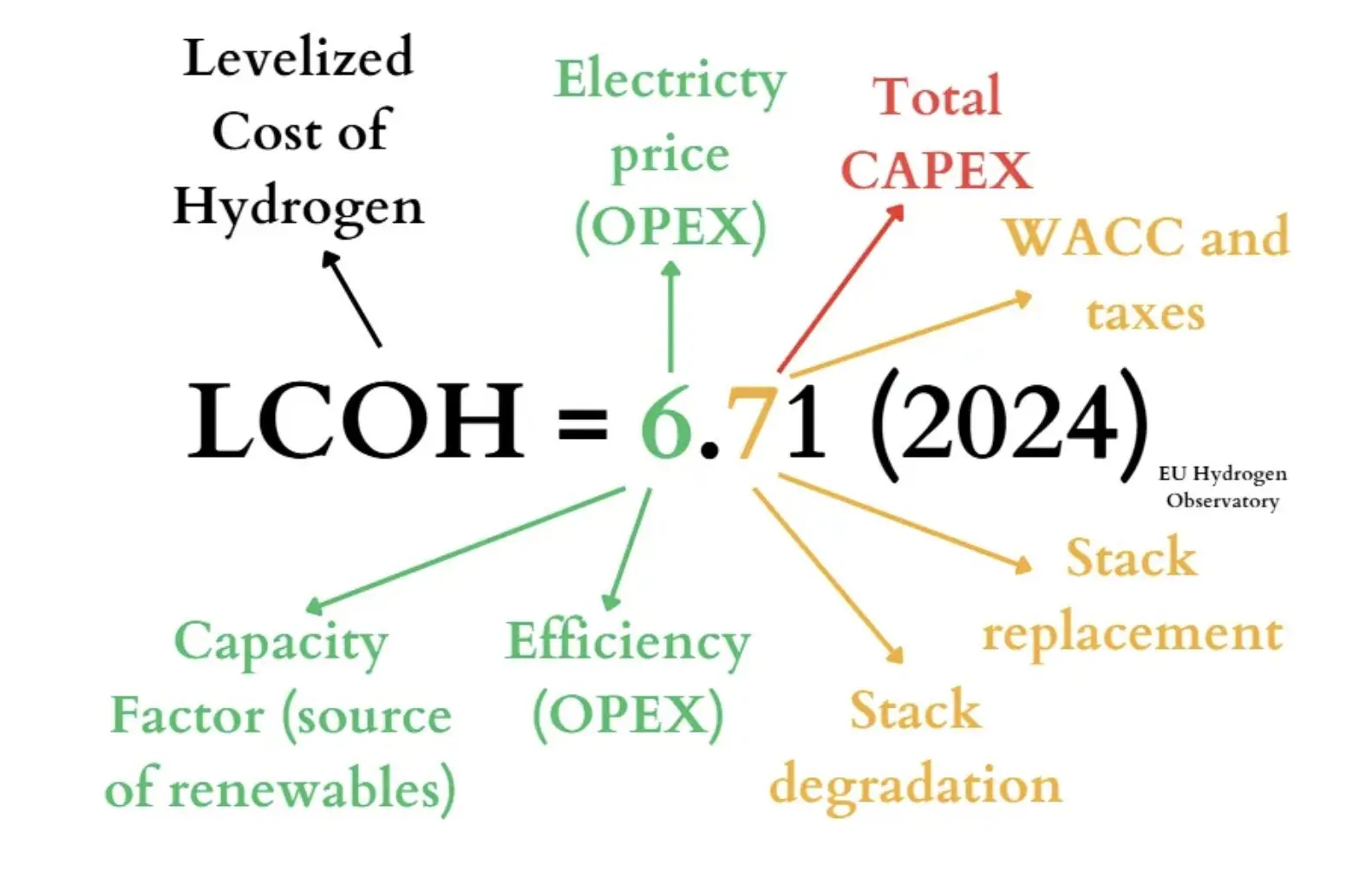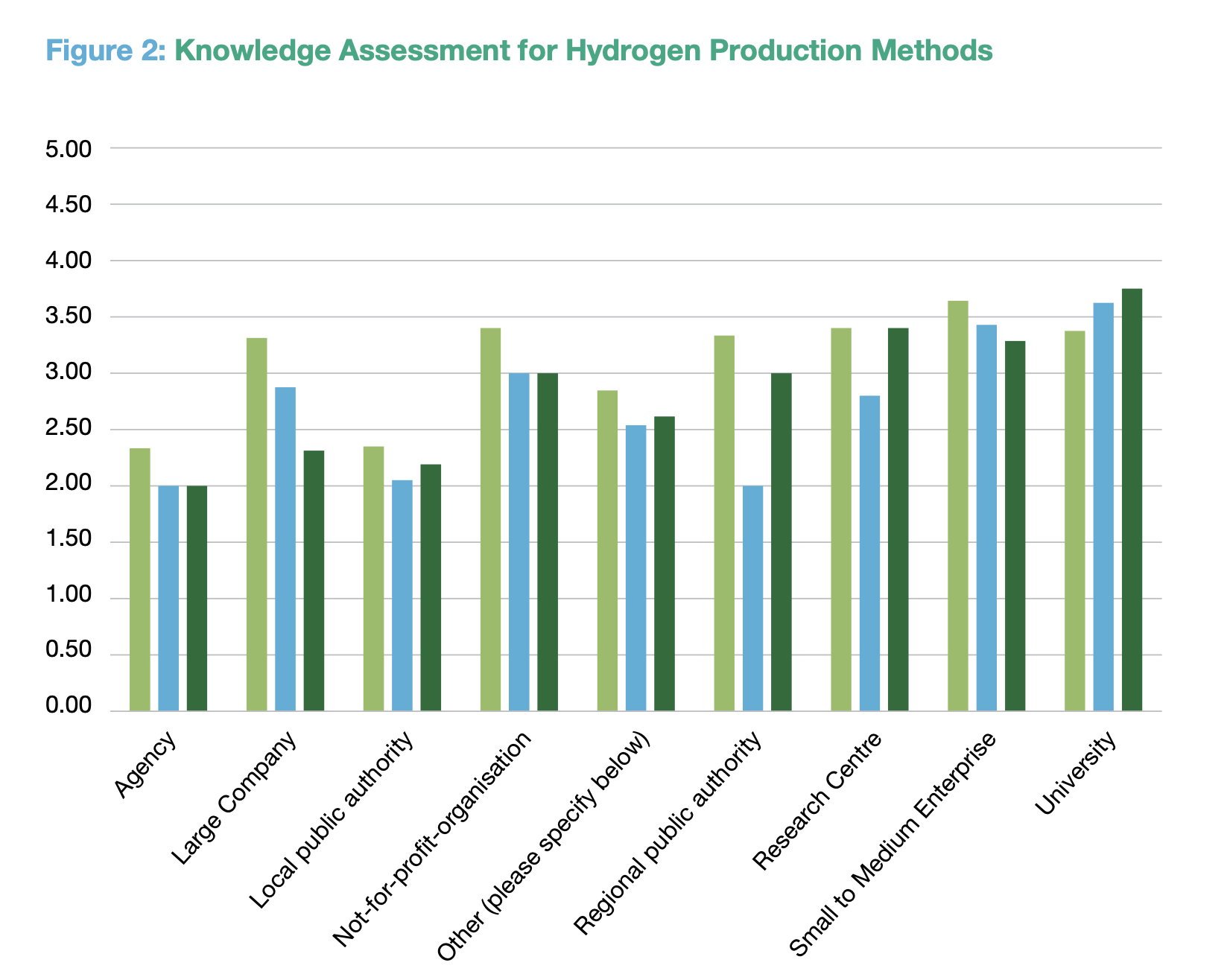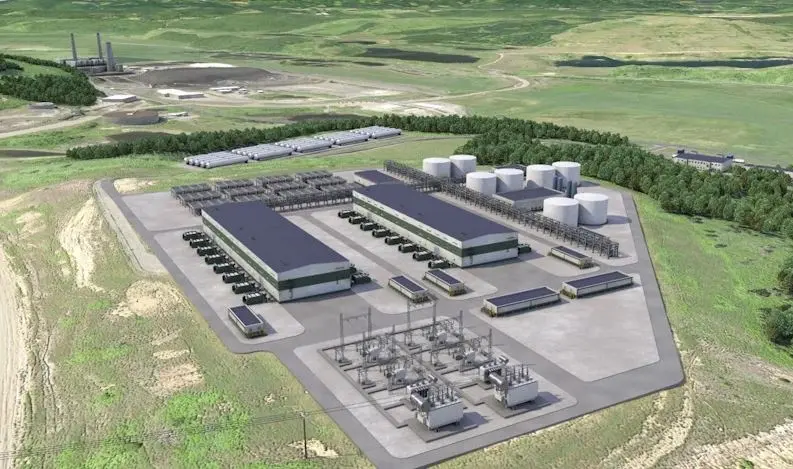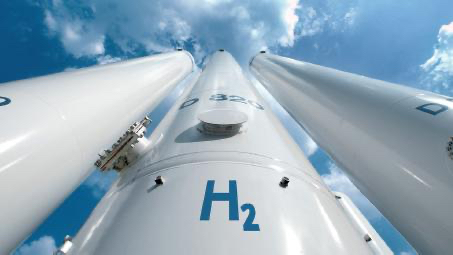

Canada’s hydrogen sector sees an opportunity to attract global customers as the US’ bellicose stance toward its northern neighbor unites Canadians behind strengthening its energy capacity and as US political turmoil sends countries looking for other trading partners.
“The mayhem south of the border has created a real national interest in exports,” Trigon Pacific Terminals chief executive Robert Booker said this week at the Canadian Hydrogen Convention in Edmonton, Alberta.
Trigon is building a berth at the port in Prince Rupert, British Columbia, to handle low-carbon hydrogen converted to ammonia.
“The choice, quite frankly, is become the 51st state or export,” Booker said. “We should export, and there’s broad understanding that that’s good for Canada.”
Canadian energy exports from Alberta have largely gone south to the US. Ambitions to tap global markets have been stymied in years past by community and federal opposition to building rail and pipeline infrastructure that would connect the landlocked province to the Pacific coast.
Multiple large-scale hydrogen proposals in western Canada were quietly shelved in the past year because of a lack of infrastructure, among other challenges, and Canadian companies were shut out of recent Asian auctions to buy hydrogen because of similar restraints.
But Trump’s return to the White House has changed Canadians’ views on export infrastructure. Both candidates in the upcoming 28 April general election, including Liberal Prime Minister Mark Carney who served as UN Special Envoy for Climate Action, have vowed to build out pipelines, rail corridors and other infrastructure — including electricity grids — to diversify energy exports away from the US.
“We’ve never been this united in the country,” said Julie Lemieux, chief executive officer of Triple Point Resources, which is developing a salt dome in Newfoundland for hydrogen storage. “That’s the positive of the chaos. We’ve been notoriously slow to approve these projects and invest in infrastructure. Whoever wins next week, they’ve all committed to investing in infrastructure.”
Panelists speaking in Edmonton expressed relief that Canada didn’t follow the US example of putting tariffs on China, whose technology and components will be instrumental to containing costs while building Canadian infrastructure.
“For better or worse, whatever your opinion, the build out of new infrastructure today is really dependent on China, especially when it comes to green infrastructure, where there’s already an embedded green premium,” said Matthew Borys, vice president of corporate development at EverWind Fuels. “Keeping the cost down is super important to getting these things built out.”
The Trump administration’s preference for fossil fuel extraction over clean energy and its expansionist designs on the Panama Canal are also seen as opportunities for Canadian developers to attract Asian customers who could avoid the canal by exporting from British Columbia terminals, said James Vultaggio, vice president of Atco EnPower.
“The administration to the south is focused more on fossil fuel production and reducing environmental regulations,” Vultaggio said. “If they want to cede their seat as a clean energy leader, then Canada has an opportunity to fill that seat, and we should take it.”
Trump has been outspoken in his preference for fossil fuel extraction and has paused all federal clean energy disbursements related to the Inflation Reduction Act, which has raised doubts about whether US hydrogen hubs can survive as they were initially conceived during the administration of former president Joe Biden. Clean energy incentives such as the 45V hydrogen production tax credit have also come under scrutiny as the Trump administration seeks to shrink government spending.
The uncertainty around clean energy incentives in the US may well send American investment north, said Denis Caron, chief executive of the Belledune Port Authority in eastern Canada’s New Brunswick province, which is positioning itself as a green energy hub targeting European markets.
Caron said an American company working with the port of Belledune remains bullish on its prospects there and could serve as a model to attract even more American investment if the US continues to claw back support for clean energy.
“We see an opportunity to attract American investment to Canada and make those types of investments,” Caron said. “Canada has a golden opportunity to fulfill the requirement of supplying clean and green energy products globally.”
Source: Jasmina Kelemen, Argus Media

